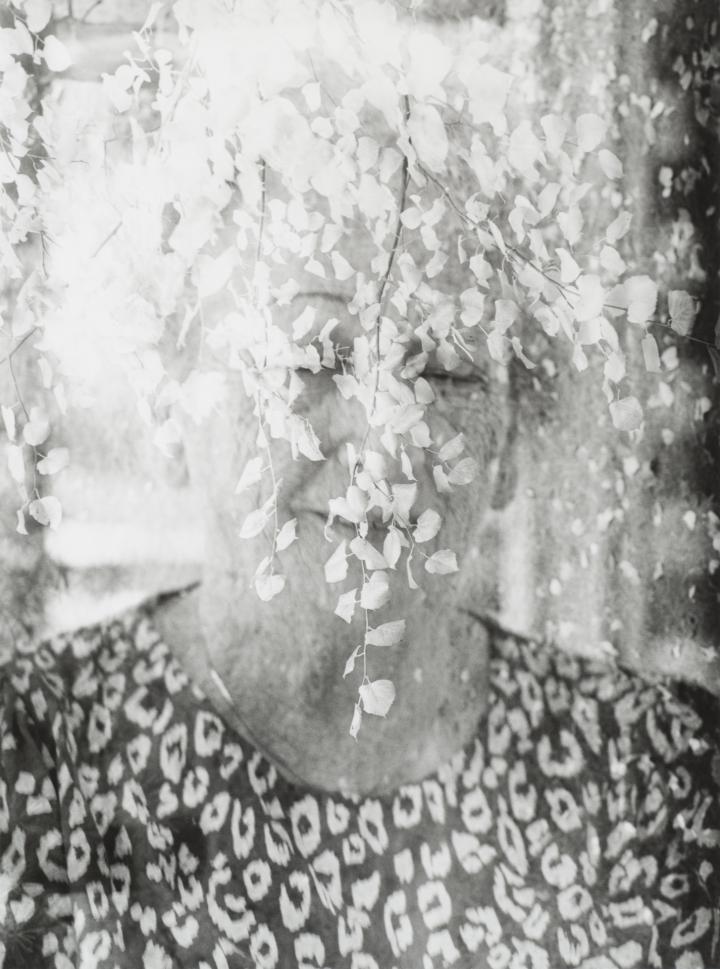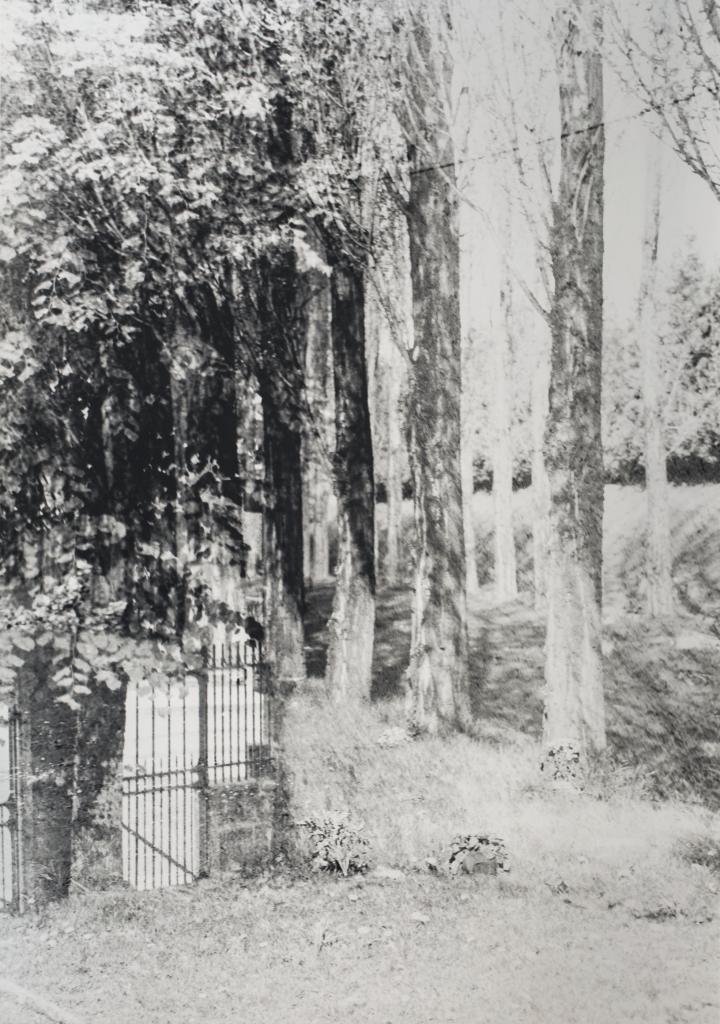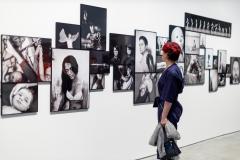Muriel Hasbun: Tracing Terruño is the first survey in New York City of the career of multidisciplinary artist Muriel Hasbun. The photography exhibition celebrates Hasbun’s dedication to exploring identity and memory, using her personal story to examine collective histories through photography, video, and installation from the late 1980s to the present. A descendent of Salvadoran and Palestinian Christians on her paternal side and Polish and French Jews on her maternal side, Hasbun grew up in El Salvador. Reckoning with a family history filled with exile, loss, and migration, Hasbun herself had to leave her home country in 1979 at the start of the Salvadoran Civil War. She moved to France and then the United States to study, settling in Washington, DC, where she has since worked as an artist and professor of photography.
Tracing Terruño presents a selection of Muriel Hasbun’s series, from her earliest photographic explorations in 1988 to recent photographic experiments with chemigrams and expired photographic papers. The exhibition will include Santos y sombras / Saints and Shadows (1990–97), a series in which Hasbun layers negatives of archival family documents and new images to create photographs that collapse receding memories with their impact on the present. In the series X post facto (équis anónimo) (2009–13), Muriel Hasbun re-presents a selection of X-rays from her father’s dental practice, decontextualizing medical records and turning the images into landscapes and abstractions, thereby unlocking their metaphoric potential. Selections from her most recent series, Pulse: New Cultural Registers / Pulso: Nuevos registros culturales (2020–ongoing), maps El Salvador by combining art history with seismic records.
270.13 Muriel Hasbun: to tell your story as it is, in pieces | ISLAA
"Muriel Hasbun: to tell your story as it is, in pieces" 2022–23, is the thirteenth installment in the "270" film series, directed by Erina Duganne and produced by the Institute for Studies on Latin American Art (ISLAA), New York, with creative direction from Julio Grinblatt. "270" is a limited series of short films created to preserve and amplify the rich contributions of Latin American artists. Each film is one artist’s homage to another, resulting in an intimate portrait of a single living artist whose work has shaped engagement with contemporary art. The series title, "270," alludes to the concise length of the films, varying at brief vignettes of around 270 seconds.
Founded in 2011, the Institute for Studies on Latin American Art (ISLAA) supports the study and visibility of Latin American art. ISLAA recognizes Latin American artists and cultural movements as integral to the trajectory of twentieth- and twenty-first-century art and seeks to expand these narratives by creating opportunities for researchers, curators, and the public through grants, exhibitions, publications, and our art and archival collections. ISLAA’s partnerships with educational and art institutions include New York University, Columbia University, CCS Bard, the New Museum, and Dia Art Foundation.





